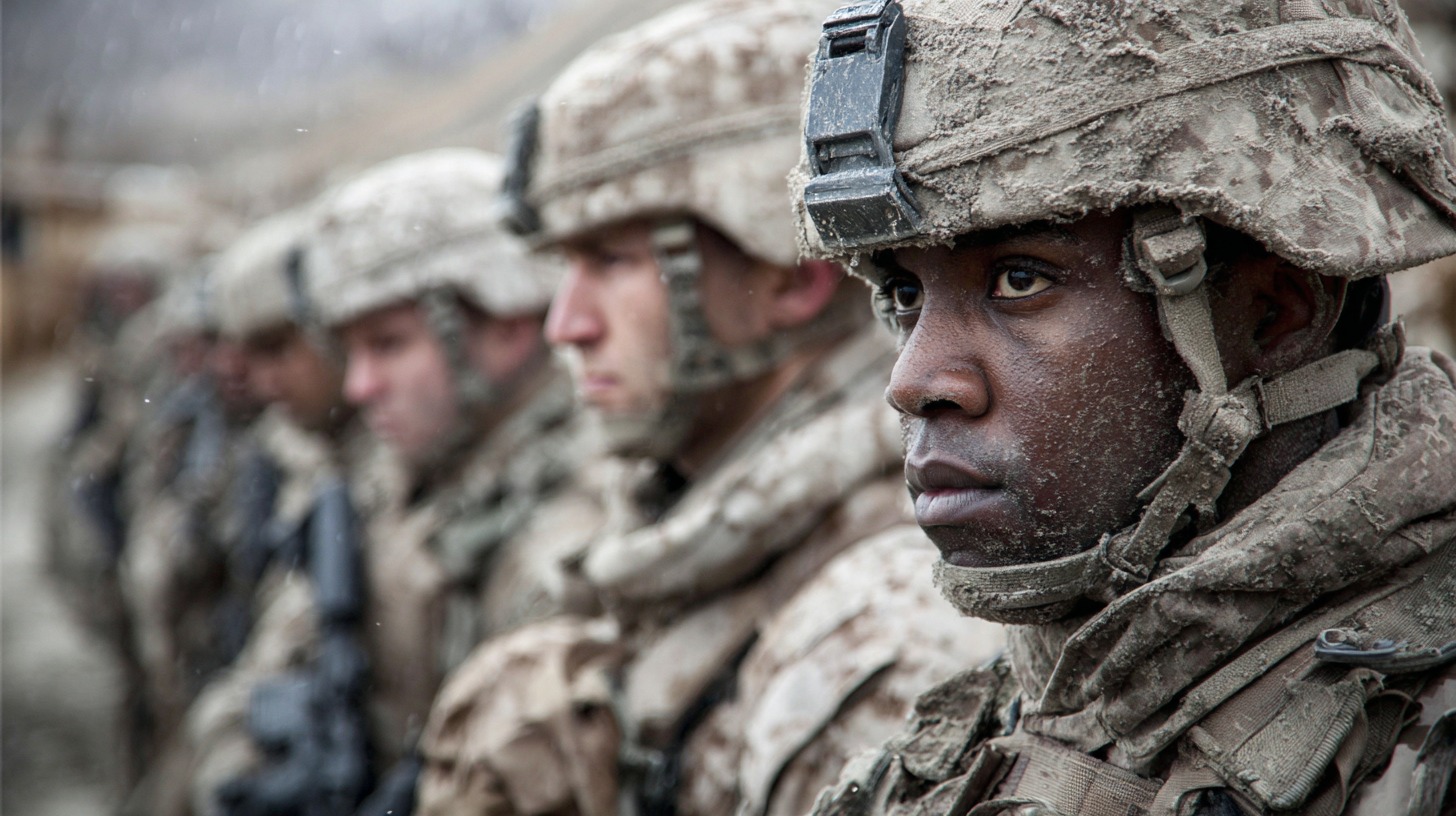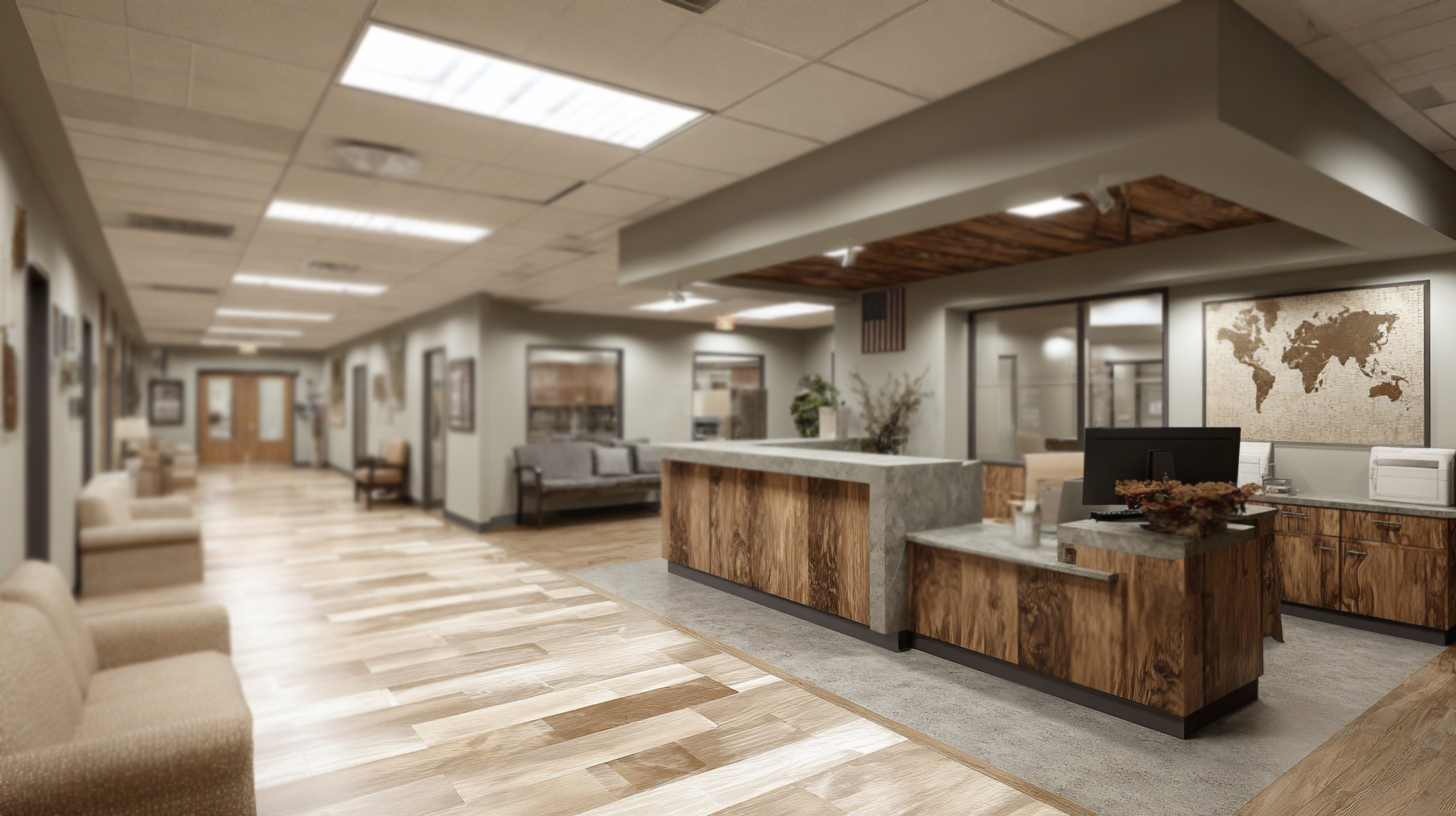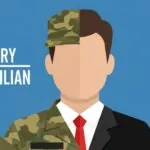Soldier welfare represents one of the most crucial pillars of military readiness, directly influencing morale, retention, and long-term operational success.
Modern armed forces have recognized that a service member’s mental, emotional, and physical well-being is as vital as their training and equipment.
Governments, therefore, have established a network of support systems designed to enhance the quality of life for soldiers and their families.
Government-backed programs serve not only as a safety net but also as proactive tools for sustaining stability during service transitions, deployments, and post-duty life.
The mission is simple yet profound: to ensure that every service member and their loved ones can thrive despite the challenges of military life.
The Military and Family Support Center (MFSC)

The Military and Family Support Center (MFSC) at USAG Bavaria serves as a central support hub that helps soldiers and families adjust to military life.
Integrated into the broader Military Family Readiness System, it provides services that foster adaptation and community connection.
Upon arrival at a new duty station, service members and their families can immediately access MFSC for orientation and practical assistance.
Its mission extends to promoting readiness and stability during assignments, deployments, and relocations.
MFSC bridges the gap between administrative processes and personal needs, ensuring no family feels isolated during transitions or emergencies.
Key Services Provided
- Deployment and Relocation Support: Guidance before, during, and after relocation or deployment.
- Relocation Assistance: Help with housing, transportation, and integration into local communities.
- Loan Closet: Temporary access to household items while awaiting shipments.
- Family Programs: Events that strengthen family cohesion and morale.
- New Parent Support Program: Assistance for new and expecting parents through home visits and education.
- Family Advocacy Program: Counseling and education to prevent family violence and support victims.
Career and Financial Support:
- Employment readiness training and resume workshops.
- Financial counseling for budgeting, debt management, and savings.
Partnerships and Accessibility
MFSC works closely with Military OneSource and other Department of Defense programs to provide consistent support worldwide.
Services are available in person and through remote channels such as phone consultations, online chat, and digital workshops.
Accessibility ensures that every service member, regardless of location or schedule, can connect with trained professionals who understand military life and its unique pressures.
Army Community Service (ACS) – Grafenwoehr
Army Community Service (ACS) at Grafenwoehr operates under a mission to foster resilience, independence, and stability during both peace and wartime.
Located at Tower and Rose Barracks, ACS serves as an essential lifeline for soldiers and families managing the emotional, financial, and social challenges of military life.
Its efforts aim to empower individuals through education, volunteerism, and community engagement, transforming challenges into opportunities for growth.
In addition to its core mission, ACS also offers support regarding insurance options for civil servants, ensuring that civilian employees and their families are informed about available health, life, and benefit coverage.
Advisors provide guidance on selecting suitable plans and maintaining continuity of coverage during relocations or deployments.
Key ACS Programs
These specialized efforts ensure that no one within the military community is overlooked, regardless of personal or family circumstances. Its focus lies in preventive care, aiming to detect potential health concerns before they affect mission capability. Read more: Best Military to Civilian Transition Career programs! AWC offers an integrated approach to health optimization through personalized and evidence-based services: Nutrition and Sleep Education: Stress Management and Biofeedback: AWC extends its reach beyond individual sessions through unit-level programs designed to strengthen entire teams. Health coaches organize group testing, health briefings, and interactive workshops that focus on collective performance. Topics often include injury prevention, healthy eating during deployment, and techniques for improving sleep during irregular schedules. Team-based coaching creates accountability and encourages units to view wellness as a shared responsibility. Follow-up sessions are a vital component, allowing participants to track improvements over time and receive ongoing guidance for maintaining progress. Coaches collaborate with command leadership to reinforce long-term goals, ensuring consistent engagement across the unit. Programs under AWC demonstrate that soldier welfare is not confined to physical training. It represents a comprehensive system of care that integrates preventive health, personal responsibility, and ongoing education. A focus on lifestyle management equips every member of the military community with the tools needed to remain healthy, motivated, and mission-ready. Soldier welfare programs form an essential network of stability that underpins military effectiveness. Efforts by centers such as MFSC, ACS, and AWC reflect a deliberate and structured approach to nurturing both personal and family resilience. Continuous investment in preventive care, financial education, and emotional support ensures that soldiers remain capable, motivated, and mission-ready.
Specialized Services
Army Wellness Center (AWC) – Stuttgart
Comprehensive Health Services
Unit-Level Health Engagement
Summary








